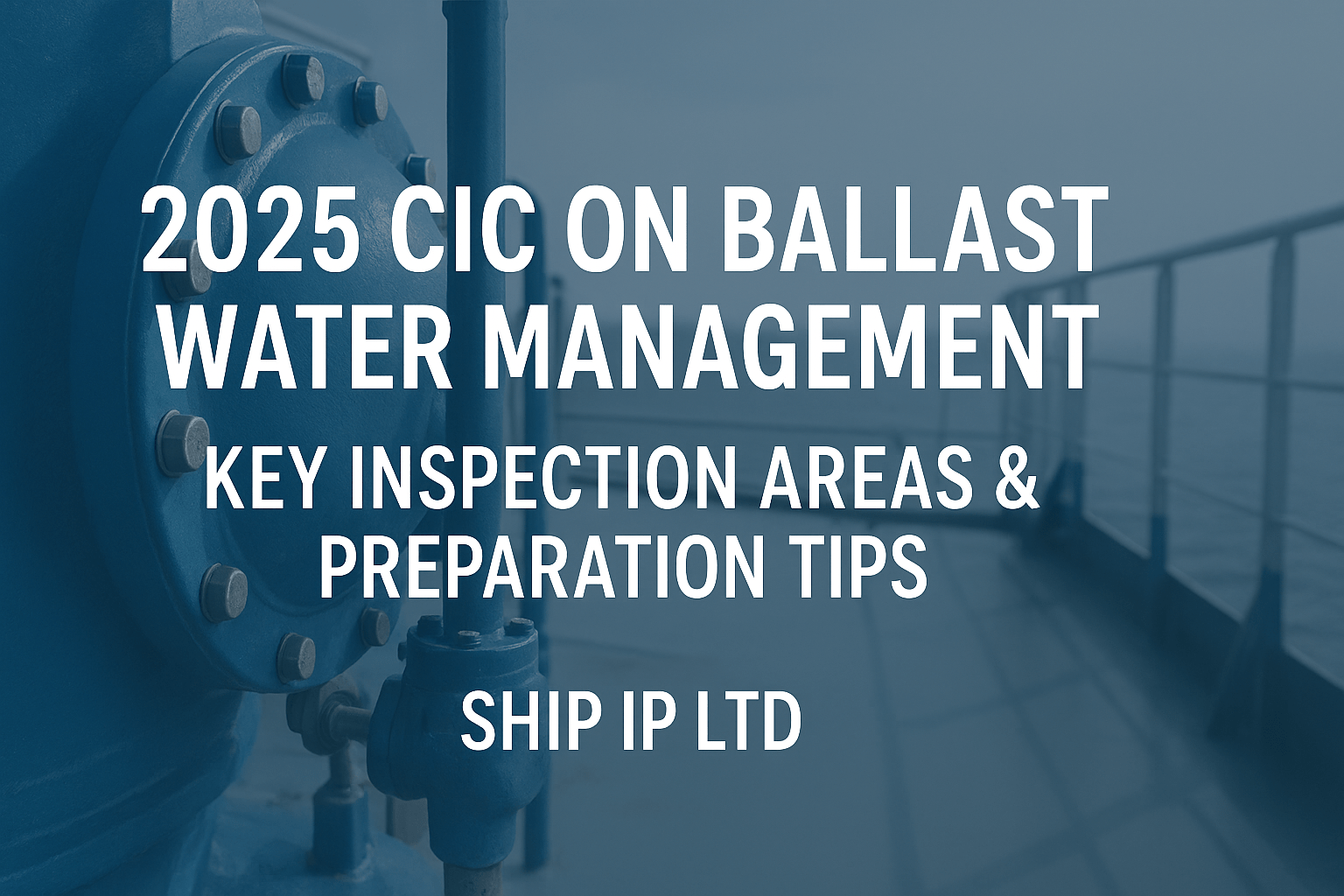In recent years, several flag administrations have authorized the use of Electronic Record Books (ERBs) on vessels registered under their flags, aiming to enhance compliance, reduce administrative burdens, and support environmental sustainability. Below is a summary of notable developments:
1. Marshall Islands
In April 2023, the Republic of the Marshall Islands (RMI) Maritime Administrator authorized the use of MARPOL electronic record books provided by LJ Yacht & Commercial Services. This authorization allows RMI-flagged yachts to transition from paper-based logbooks to secure, tamper-proof digital versions, ensuring compliance with international maritime pollution prevention standards.
2. Panama
As of May 2023, the Panama Maritime Authority established a regulatory framework permitting the voluntary use of Electronic Record Books on Panamanian-flagged vessels. These electronic books must adhere to the technical specifications outlined in IMO Resolution MEPC.312(74), covering records such as the Oil Record Book, Crew Roll Book, Bridge Logbook, and Ballast Water Record Book.
3. Gibraltar
In June 2023, the Gibraltar Maritime Administration issued guidance on the use of electronic record-keeping systems (E-logs) for both statutory and non-statutory records. The guidance specifies system requirements, approval processes, and operational protocols to ensure the reliability and security of electronic records on Gibraltar-registered vessels.
4. Isle of Man
In November 2023, the Isle of Man Ship Registry published a technical advisory notice outlining requirements for the acceptance of SOLAS Electronic Log Books on Isle of Man-registered ships. The notice details technical standards, approval procedures, and additional considerations to facilitate the transition from paper-based to electronic logbooks, enhancing operational efficiency and compliance.
5. United States
In January 2024, the United States Coast Guard (USCG) approved ABS Wavesight’s eLogs software for deployment on U.S.-flagged ships. This approval aligns with the USCG’s initiative to permit electronic recording of operations required under MARPOL Annexes I, II, V, and VI, providing a digital alternative to traditional paper logbooks and aiming to reduce administrative burdens and enhance data accuracy.
6.Singapore
The Maritime and Port Authority of Singapore (MPA) has permitted the use of electronic logbooks, including deck and engine logbooks, on Singapore-registered ships since 2015. Shipping Circular No. 7 of 2015 provides guidance on the implementation and use of these electronic logbooks, ensuring they meet the necessary standards and requirements.
7. Malta
Transport Malta has accepted the use of electronic record books (e-RBs) for MARPOL-related record-keeping on Malta-flagged vessels. Technical Notice MARPOL.11 Rev.1, issued on August 8, 2023, outlines the administration’s requirements for the use of e-RBs. Shipowners opting for e-RBs must ensure the electronic system complies with IMO Resolution MEPC.312(74) guidelines. Approved systems will receive a “Declaration of MARPOL Electronic Record Book,” which must be kept on board for regulatory surveys and inspections.
8. Cyprus
The Republic of Cyprus has embraced digitalization in maritime operations. While specific circulars regarding electronic record books were not detailed in the provided sources, Cyprus has shown a trend toward accepting electronic documentation, as evidenced by its acceptance of electronic certificates issued by recognized organizations. Shipping companies are encouraged to consult with the Deputy Ministry of Shipping or their recognized organizations for specific guidelines and approved systems related to electronic record books.
9. Greece
The Hellenic Coast Guard has issued circulars related to maritime security and operations. However, specific information regarding the authorization of electronic record books on Greek-flagged vessels was not found in the provided sources. Shipping companies should consult directly with the Hellenic Coast Guard or the Ministry of Maritime Affairs and Insular Policy for the most current guidelines and approvals concerning electronic record books.
These developments reflect a growing trend among flag administrations to embrace digital solutions, facilitating compliance with international regulations and promoting environmental sustainability in maritime operations.


